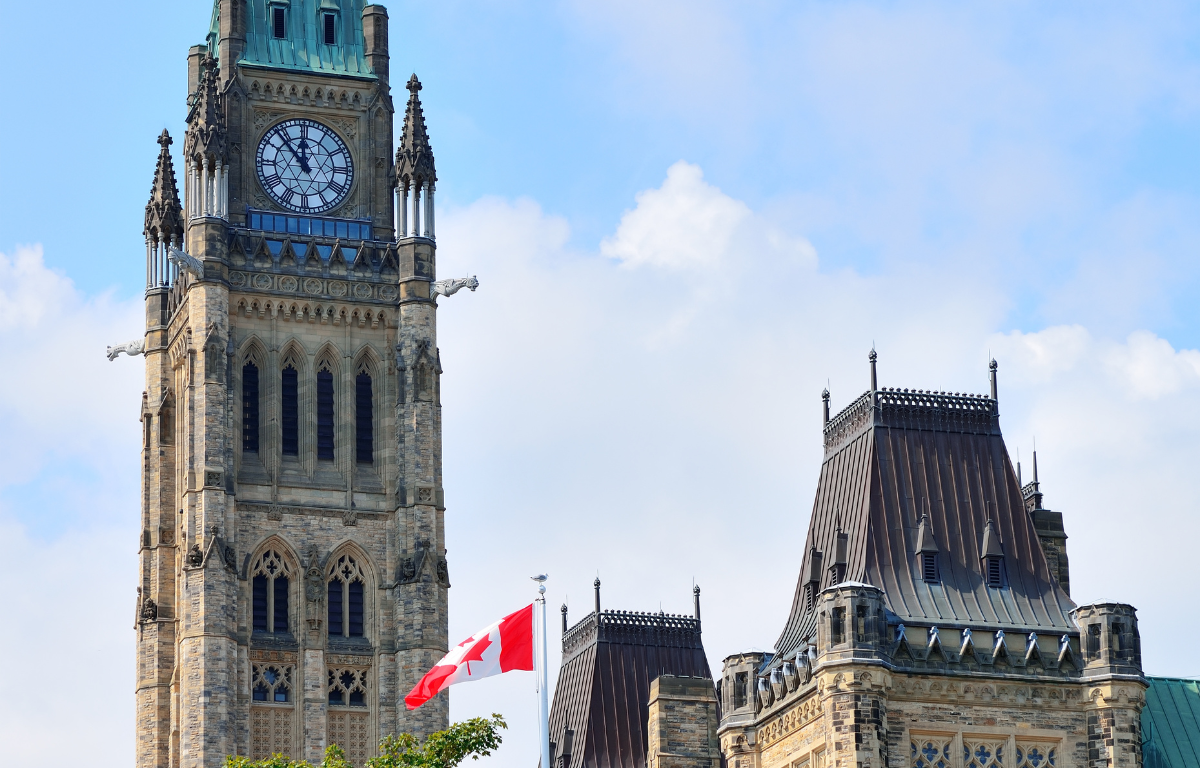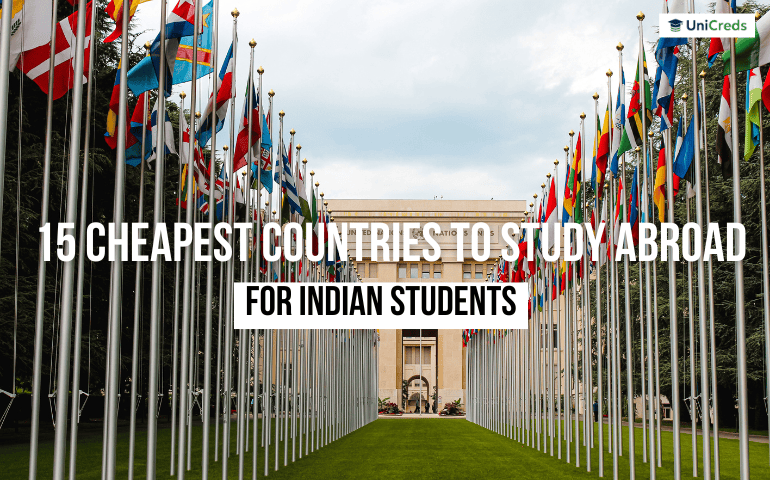Canada is one of the most famous study destinations for foreign students worldwide. Its strong market, excellent post-study work visa laws, and career opportunities after graduation make it a popular choice among international students. According to the 2018 QS World University Rankings, Canada is host to seven of the world’s top 150 universities. Aside from undergraduate and master’s degree programmes, Canada is favoured for diploma and credential programmes. Aspirants interested in obtaining a diploma should be aware of the list of documentation needed for pursuing diploma courses in Canada. In this article, you will be informed about the application procedure for pursuing Masters in Canada.
What postgraduate prospects are open in Canada?
Canada is a big global leader in higher education, with over 200,000 foreign students. Its reputation among international students is unsurprising – famously inclusive and home to many truly world-class colleges, Canada makes a lot of sense for postgraduates looking for an excellent country in which to pursue a Masters degree.
Here are some of the best arguments to consider a Masters degree in Canada this year:
International perspective – The student body in Canada represents over 200 nationalities, and Canadian culture is one of the most diverse in the world.
Investment in education – Government investment in tertiary education in Canada is strong, placing it at the top among OECD countries in terms of state support for higher education.
Bilingualism – With two official languages (English and French) and multicultural society, Canada provides an opportunity to study a foreign language or develop established skills.
Post-Masters benefits – If you wish to remain in Canada after completing your education, you will be considered for a post-graduation job visa, which would enable you to work in the country for the same amount of time as your programme.
Quality of life – Canada has an exceptionally high quality of living, and the country as a whole is a healthy and secure place in which to study.
Master’s fee and finance in Canada
Tuition costs for foreign students in Canada are comparatively low as opposed to those in the United Kingdom and the United States, with most programmes costing between CAD 13,000 and CAD 20,500 (USD 9,966-15,715). Subjects of the arts and humanities would be at the bottom of this scale, with dentistry, architecture, and business at the peak. Domestic Canadian students often incur tuition fees that are about half the amount charged by international students.
In Canada, there are many financing options for foreign applicants, as well as grants provided by particular institutions to recruit young overseas postgraduates.
Application procedure for MS in Canada
Get ready to apply
When you’ve narrowed down the university choices, double-check and see if they’re a Designated Learning Institution (DLI). This ensures that Canada regards them as reputable educational institutions, and you would not be a target of education fraud.
Consider tuition fees, which will significantly increase the research expenses. They differ based on the country of birth, but colleges have more information about each academic curriculum on their websites. One may also qualify for the Studyportals Scholarship to support you fund your studies in Canada.
Investigate the subject you’ve selected as well as the language of instruction. Since Canada is bilingual, you can obtain a Master’s degree in either English or French or both.
In the application phase, high grades are important. Many universities need ratings that are 70% higher than the average. The better your scores, the better the odds of getting into a decent university.
If you are over the age of 25 and have graduated from the most recent degree at least two years before your submission, you will be asked to submit details regarding your previous employment.
Comply with the language specifications
Students in Canada may choose from several English-taught and French-taught Master’s degrees. Based on which language you want to learn, you may be expected to show your degree of proficiency.
Below are the key English language exams approved by Canada’s leading universities:
- Academic IELTS
- Academic PTE
- Advanced C1
- TOEFL iBT
Some universities can accept alternative English exams, such as:
- CAEL (Canadian Academic English Language Assessment)
- CanTEST (Canadian Test of English for Scholars and Trainees)
- MELAB (Michigan English Language Assessment Battery)
Gather the rest of your university application documents.
Each university has its admission criteria, but the following are the most common:
- Diploma/certificate of graduation
- Filled-in application form
- CV or resume
- A letter of intent
- Proof that you will be able to support yourself financially when studying in Canada.
- Two letters of recommendation from scholars attesting to the training for Master’s/PhD studies (including letters from employers)
- Documents that have been translated should be approved by a competent interpreter. One may still have the initial copies of the records.
Canadian university submission deadlines
International students planning to study in Canada will begin their studies during one of two enrolment sessions:
- The deadline for applying for winter enrolment is September 1st.
- Summer enrollment for Master’s students begins on January 15th, and for Bachelor’s students begins sooner.
Deadlines vary from college to institution, and various degree classes at the same university can have different deadlines. As a result, you can always search the study program’s official website for the most up-to-date details.
To improve one’s odds of acceptance, apply your application 8 to 12 months before the start of the courses. Once submissions have expired, you can submit a formal letter of approval from the university within one or two months.
After receipt of the acceptance letter, one should take the following steps:
After fulfilling the qualifications, completing the admission procedure, and being admitted to the university, you must complete the following steps:
Make a statement on your health benefits. The volume protected varies according to the Canadian province in which one will stay.
Determine if you need a Canadian study permit (Canada student visa) and apply as soon as possible after obtaining your approval letter to ensure your entry into the world. Some European Union (EU) countries do not need a student visa, so search to see if yours is one of them. Purchase a plane ticket to Canada just after you have received your visa confirmation. After arrival in Canada, students must formally enrol at the university to ensure that they can begin classes.










0 Comments